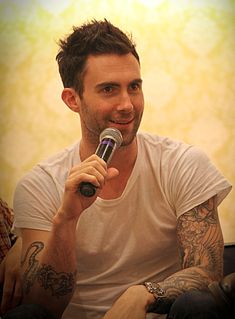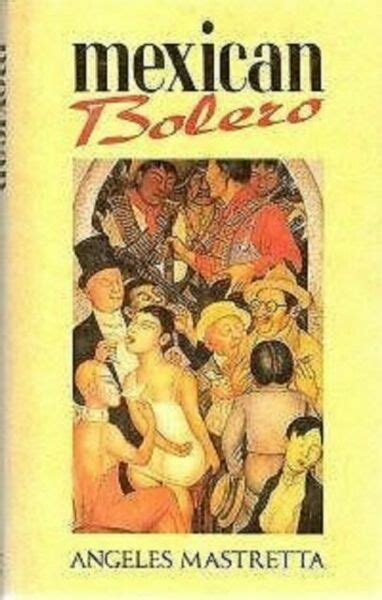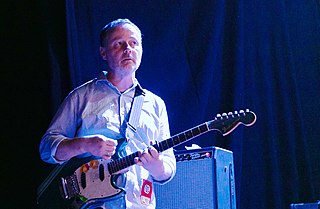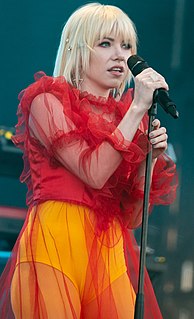A Quote by Jerry Saltz
Any negative review you write, they'll say, "Oh, you're being so mean." I think the problem with a lot of criticism is that too many critics either write just description or they write in a Mandarin jargon that only a handful of people can understand, or they write happy criticis - everything is good that they write about. I think that's really not good. I think it's damaged a lot of our critical voices.
Related Quotes
Write a lot. And I mean a ridiculous amount. You have to write so much that you don't mind throwing away and changing things that you've written - which is the second thing you have to do. A lot of young writers are very precious about their words. Don't be - you've got to be ready to burn stuff. You're not as good as you think you are, at least not yet. The more you write, the faster you'll write, and the less you'll mind throwing stuff out.
I can't stress enough how important it is to write bad songs. There's a lot of people who don't want to finish songs because they don't think they're any good. Well they're not good enough. Write it! I want you to write me the worst songs you could possible write me because you won't write bad songs. You're thinking they're bad so you don't have to finish it. That's what I really think it is. Well it's all right. Well, how do you know? It's not done!
The people who review my books, generally, are kind of youngish culture writers who aspire to write books, or write opinion pieces about what they think of Neil Young, or why they quit watching ER or whatever. And because of that, I think there's a lot of people who write about my books with the premise of, "Why this guy? Why not me?"
We write and write and write until we think, 'If we have to shoot this script, we'll be happy, and it's going to be a great movie.' I meet with all the actors two weeks before, and I ask them, 'What lines don't work? What is uncomfortable for you? What jokes do you think aren't good? If you're not getting it, here's what the joke is.' You fix it.
I think that anyone really can write songs, it just takes having an idea and a feeling and chasing it, and you can learn more about it. I think that's why I go to so many sessions. It is a craft that you can learn from other people. I find it to be the most fascinating thing. So I write a lot, yeah!
I write fiction longhand. That's not so much about rejecting technology as being unable to write fiction on a computer for some reason. I don't think I would write it on a typewriter either. I write in a very blind gut instinctive way. It just doesn't feel right. There's a physical connection. And then in nonfiction that's not the case at all. I can't even imagine writing nonfiction by hand.

































